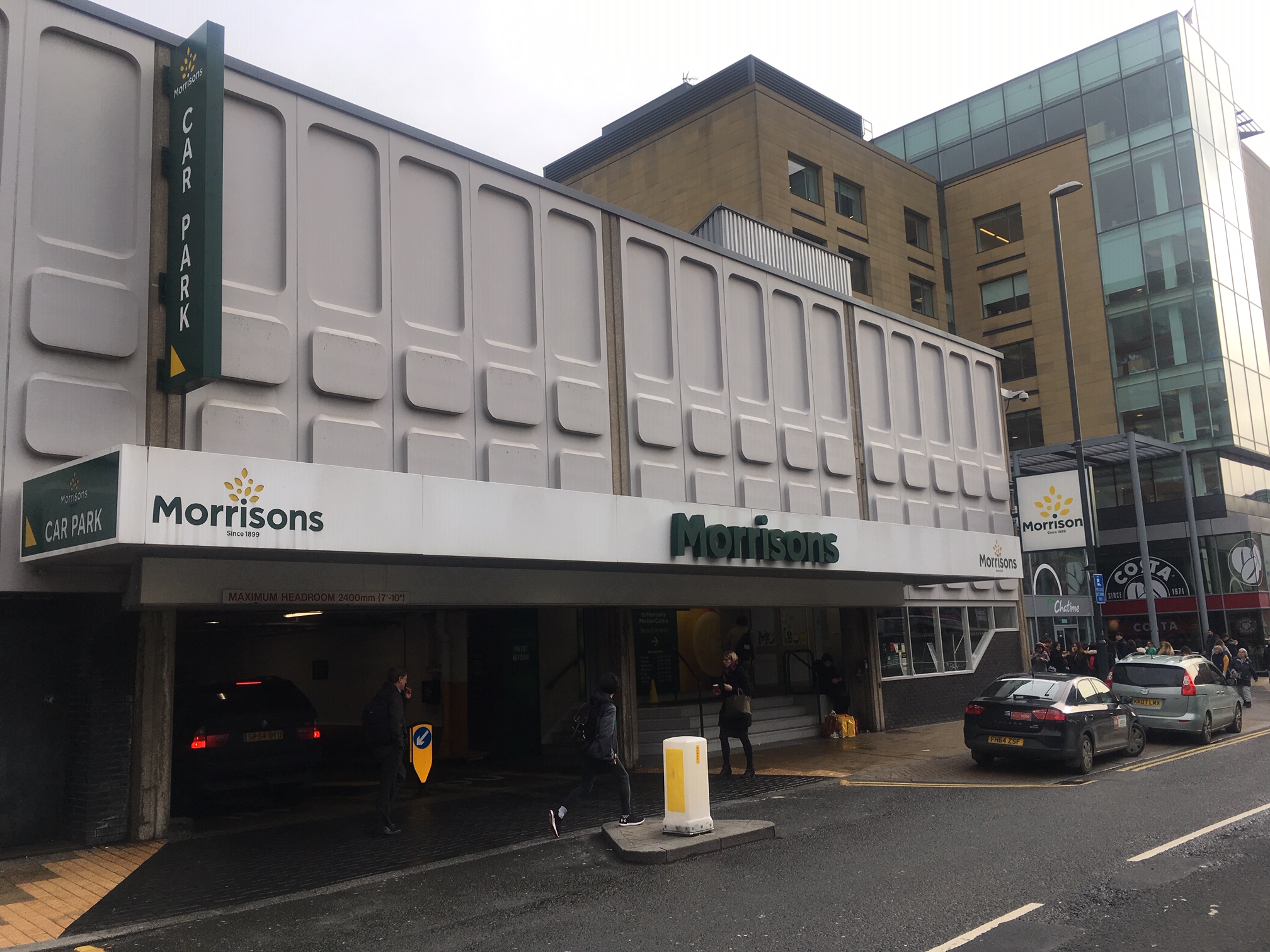Being only a swift twenty-minute walk from Leeds Uni means that for many of us, Morrisons is our local supermarket. But it looks like we will be paying for the convenience of proximity, as the chain plans to completely get rid of the 5p plastic bags and instead exchange them for eco-friendlier, yet less budget-friendly, 20p paper bags. For now, Morrisons is planning an eight-week trial of paper bags to be held at eight stores across the UK. Although none of the trials are taking place in Leeds, there are several in nearby Yorkshire towns: Skipton, Hunslet and Yeadon as well as in their Camden and Wood green stores in London, Erskine in Scotland, and Gibraltar and Abergavenny, in Wales.
This plan to pioneer paper bags is as a result of the ever-present impending doom of climate change and the long-overdue increase in environmental awareness. We all know how destructive plastic is for the environment: one plastic bag can take anywhere from 10 to 1000 years to decompose, meaning that disposable plastic bags play a large part in contributing to plastic waste. To try and reduce the amount of one-use plastic being made and bought, the 5p plastic bag charge was brought to Britain in 2015. However, some retailers use higher prices or other methods in order to deter plastic bag sales. For example, Tesco and Asda charge 10p for its cheapest reusable bag, while Aldi and Lidl charge 9p for a similar product. Waitrose, on the other hand, claims to be replacing its plastic fruit and veg carriers with a home compostable alternative by spring 2019, and it intends to remove its 5p carrier bags from circulation, much like Morrisons.
Efforts such as these may seem small but when looking at the figures, have had a significant impact. This is shown by the drop in the number of single-use plastic carrier bags sold per year by the top seven supermarkets. The amount has dropped to just over 1 billion, down from more than 7 billion before mandatory charges were introduced for large retailers in 2015. While this reduction in plastic may be a good thing, the alternative of paper bags may not be as promising as is appears to be. Many have pointed out that although these bags can be recycled and reused, the production of these paper bags releases more carbon dioxide emissions as they need three times as much energy in order to manufacture. This has raised more questions than answers regarding the problems faced by supermarkets and those trying to reduce their carbon footprint. Ultimately, is plastic or paper more harmful in the long-term?
However, Julian Kirby, waste and resources campaigner at Friends of the Earth, spoke about this and said, “We welcome this – especially if they scale up from a trial. What stands out is that the bags are designed to be reused and will be less resource intensive to produce than the heavier duty tote bags and fully recyclable. It would be better still if they were made from recycled material themselves.” Whether this change will be beneficial for both customers and the environment remains unseen, but the trial suggests that Morrisons is making environmentalism a focal point for the future.
Daisy Woodford

